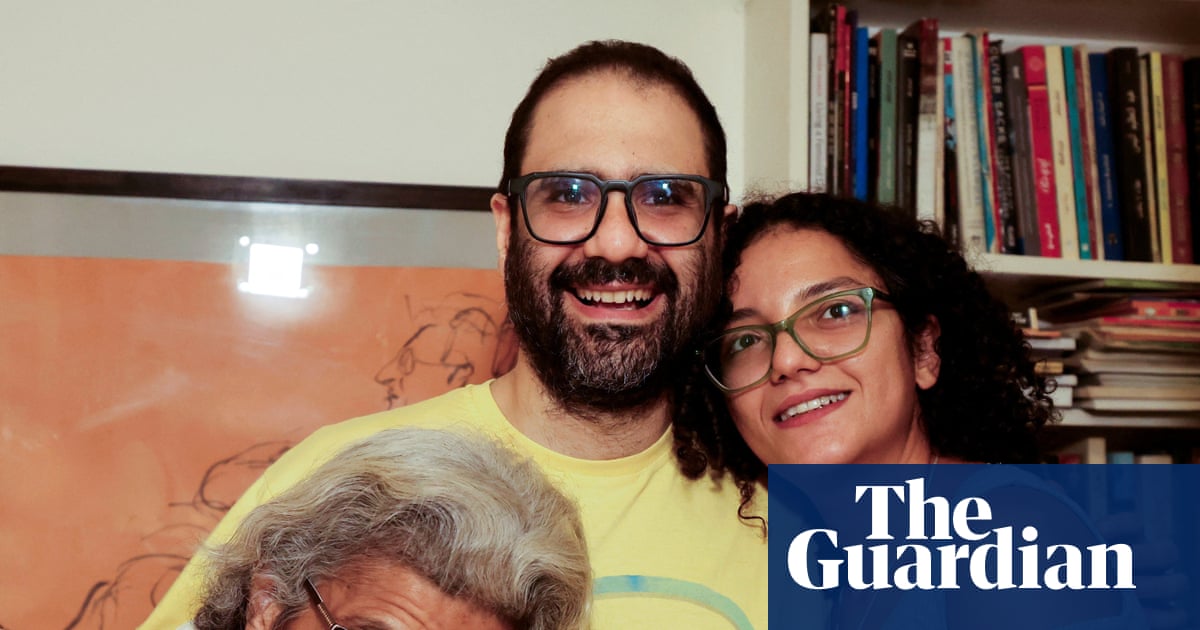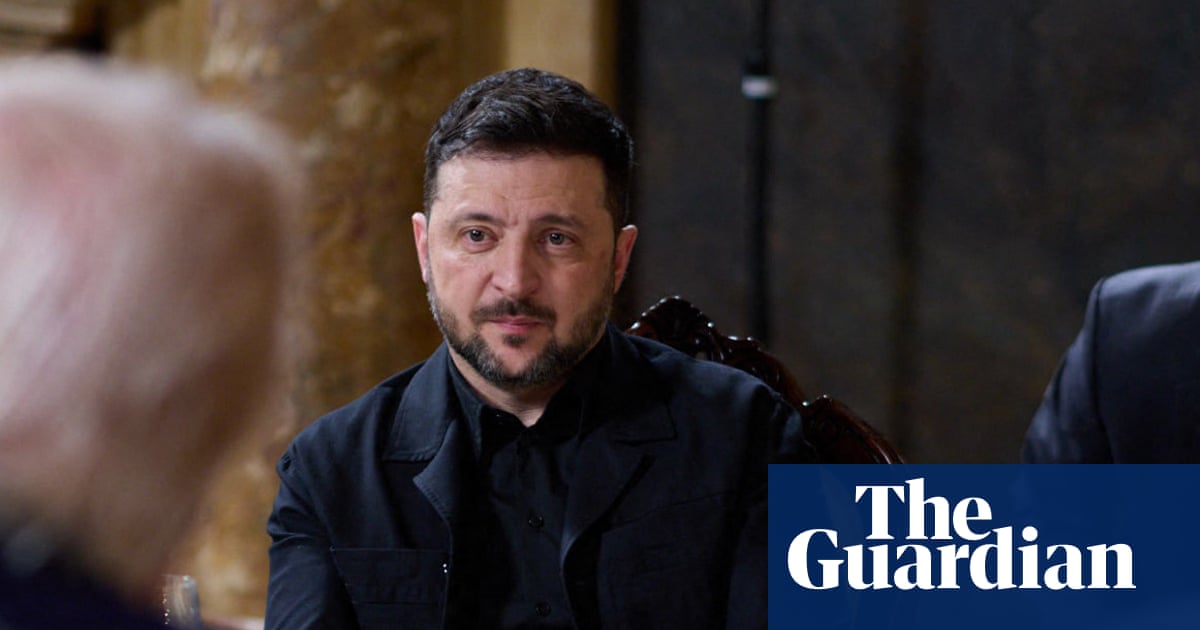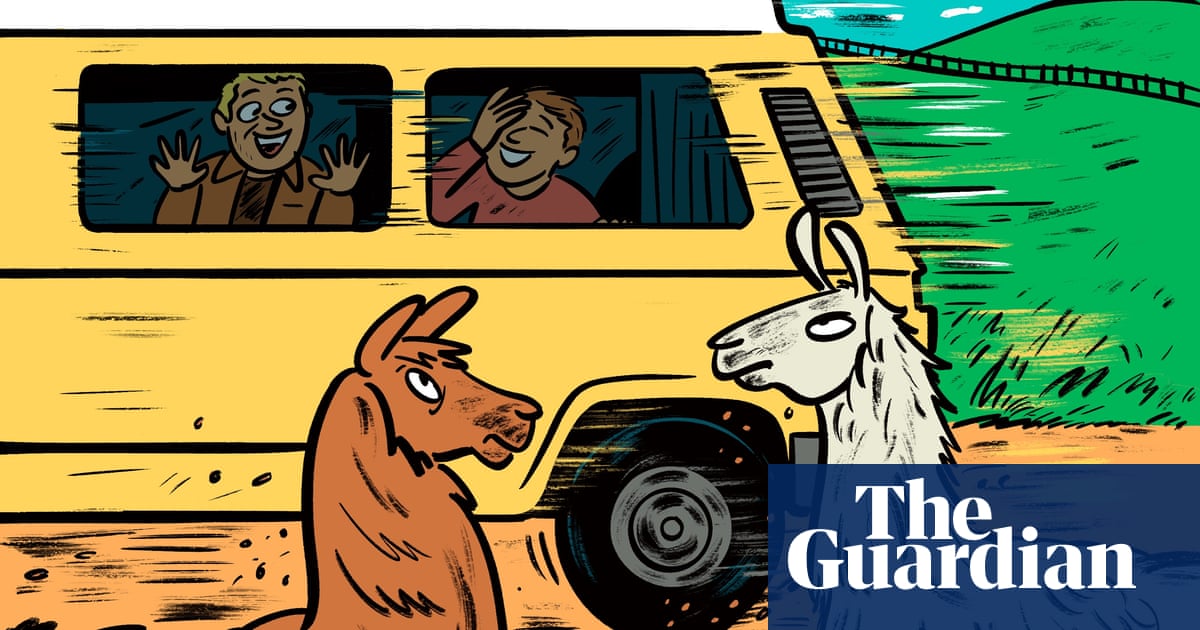I was in bed scrolling on my phone when I read the headline: Hot mic catches Xi and Putin discussing organ transplants and immortality. It took me a long time to get to sleep after that. Not yet, I thought. I pride myself on my prescience, but I wasn’t ready for the future I had imagined to arrive so soon.
Since 2017, I’ve been thinking about the implications of longevity research, sketching out possible futures – the shifts in society, the complications and subcultures. This year I published the result of my thought experiment, Who Wants to Live Forever, a speculative literary novel. It follows Yuki and Sam, a couple at a crossroads at the same time that a new drug, called Yareta – which extends the human lifespan by 200 years and preserves youth – becomes available. Sam takes it, Yuki doesn’t, and the novel follows the fallout as the world changes around them. The story ends in 2039. Naively, considering the billions being poured into longevity research by the likes of Peter Thiel, Jeff Bezos and Bryan Johnson (subject of this year’s Netflix documentary Don’t Die), I thought that was how long it might take for my fiction to become reality.
But the tech bros and autocrats are moving much faster, making the question of extended lifespans more urgent. As sci-fi writer William Gibson said: “The future is already here – it’s just unevenly distributed.”
I’m not immune to the siren call of a longer life. An elder millennial, I’m obsessed with my LED mask and Trello board, and time’s relentless march always on my mind. My novel is told from the viewpoint of five characters who have contrasting opinions on immortality, and I feel for all of them. But when it comes to authoritarian leaders living for ever, I’m unequivocal: it’s a nightmarish prospect. Especially when one of them – Vladimir Putin – has reportedly bathed in the blood of Siberian deer antlers for its supposed anti-ageing properties. There is something gruesome about these leaders wishing to hoard time, hoard life, when their regimes are shortening the lives of those in Ukraine and Myanmar through military action and intervention. Our political leaders should be the ones regulating this new technology, not rushing to partake of it. Have any of them given a thought to the societal consequences? Luckily I have.
This technology, when it arrives, will not be available to everyone. Inevitably it will be prohibitive for all but the most wealthy. We are watching that play out right now with drugs like Ozempic: those who have the money and inclination drop hundreds a month while others turn to the black market, often ending up in A&E, vomiting blood.
Statistically, in the UK the most wealthy are older white men who live in London and the south-east. What will be the knock-on consequences of such a demographic disproportionately sticking around, as it were, blocking opportunities for others around them and for younger generations coming up? In my novel, a character called Maya feels pushed to take Yareta to advance in her career – without the extra time, she might never get promoted. Even Elon Musk, who in 2022 claimed to have uploaded his brain to the cloud, could see this, saying: “If you live forever, we might become a very ossified society where new ideas cannot succeed.” (Last year he announced that he would rather be dead than live to 100 – a relief for us all.)
This disparity is, of course, nothing new. In England, there is already a 19-year gap in healthy life expectancy between the most and least affluent areas. A drug like Yareta would only widen it further. In my fiction, this division leads to a new job sector emerging staffed by an underclass of Helpers who take on the “risky” work that those on Yareta no longer want to do, such as driving, handling knives and climbing ladders. Since no drug can eliminate the risk of accidental death, an intensive health and safety culture takes hold, leading to wealthy “spanners” wearing helmets and neck braces as they go about their lives, wrapped up like Ming vases while Helpers serve as a renewable source of labour, each one a butterfly living for a brief span of time by comparison.
That’s just work. The social order itself will be shaken. Dating apps that filter for users on the drug. Parents the same age as their children. Overpopulation, or child permits. Relationships strained as one partner grows older while the other does not (as with Peter Pan and Wendy Darling, or Buffy and Angel, that dynamic is hard to sustain). Romance has always carried an unspoken time limit: “for ever” is only meaningful because our lives are not. In my imagined world, marriage gives way to the Seven Ceremony: vows renewed or discarded every seven years.
Personally, I look forward to growing older – to meeting my aged face and accruing more wisdom that I hope to pass on. And then if I am very lucky and have lived to a ripe old age, I look forward to letting it all go. Who would want to be Jeff Bezos, presiding over an empire of cardboard boxes for eternity? I would rather be a butterfly making way for those yet to come.
The words of poet Joseph Fasano keep ringing round my head from a recently published poem: “Ruler, the children will outlive you.” Let’s hope he’s right.
-
Hanna Thomas Uose is a writer and strategist. She is the author of Who Wants to Live Forever

 3 months ago
62
3 months ago
62

















































